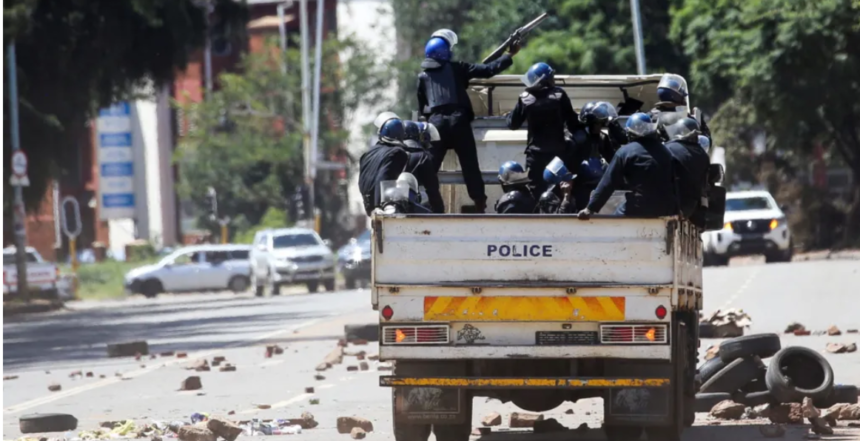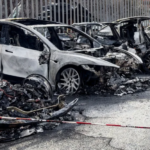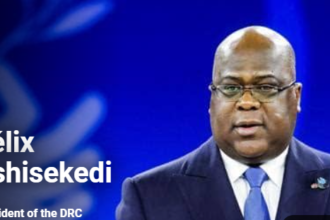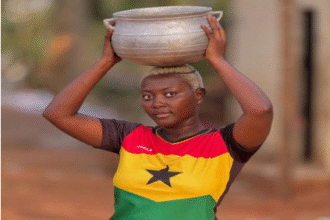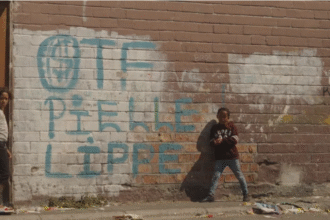Harare, Zimbabwe – A national protest organized to pressure Zimbabwean President Emmerson Mnangagwa to step down largely failed to materialize on Friday, resulting in a nationwide shutdown as citizens chose to stay home rather than risk confrontation with a heavy security presence.
The planned demonstration, spearheaded by a faction of disgruntled war veterans accusing Mnangagwa of corruption and power-grabbing, saw only a handful of participants take to the streets in Harare and other major cities. Reports indicate that police quickly dispersed the small groups of protesters who did venture out.
The low turnout marks a significant blow to the protest movement, which seeks to hold Mnangagwa accountable for what they deem as government failure and widespread corruption. Mnangagwa, who came to power in 2017 following a coup against long-time leader Robert Mugabe, is currently serving his second and final term.
In the aftermath of the disappointing turnout, protest leader Blessed Geza took to social media platform X, urging Zimbabweans “not to be cowards.” His post highlights the frustration and disappointment within the protest movement, which had hoped for a much larger showing of public discontent.
Despite Geza’s call to action, many Zimbabweans appear to have opted for caution, choosing to remain at home amid concerns about potential violence and security crackdowns. The heavy security presence deployed by the government throughout the capital and other urban centers likely contributed to the widespread stay-away.
Geza, who wants Vice-President Constantine Chiwenga to replace Mnangagwa, had previously called for Zimbabweans to “fill the streets” in a final push to force the president to step down.
The failure of the protest underscores the deep-seated fear and apprehension that persists within Zimbabwean society, despite promises of reform and greater freedoms under Mnangagwa’s leadership. Many citizens remember the repressive tactics employed under Mugabe’s regime and remain wary of potential repercussions for expressing dissent.
The state of the Zimbabwean economy, which continues to struggle with high inflation and unemployment, also likely played a role in the low turnout. Many Zimbabweans are focused on simply surviving and providing for their families, leaving little energy or appetite for political activism.
“I am 63 and life is tough…I am taking care of my grandchildren because my children cannot afford to,” a protester on crutches told local media house Citizens Voice Network.
“We want General Constantine Chiwenga to take over,” she added.
While the planned protest may have failed to achieve its immediate objective of forcing Mnangagwa’s resignation, it highlights the simmering discontent with the current government and the challenges facing Zimbabwe as it navigates a complex political and economic landscape. The future direction of the country remains uncertain, with many observers questioning whether the Mnangagwa administration can address the deep-seated issues that continue to plague the nation.


